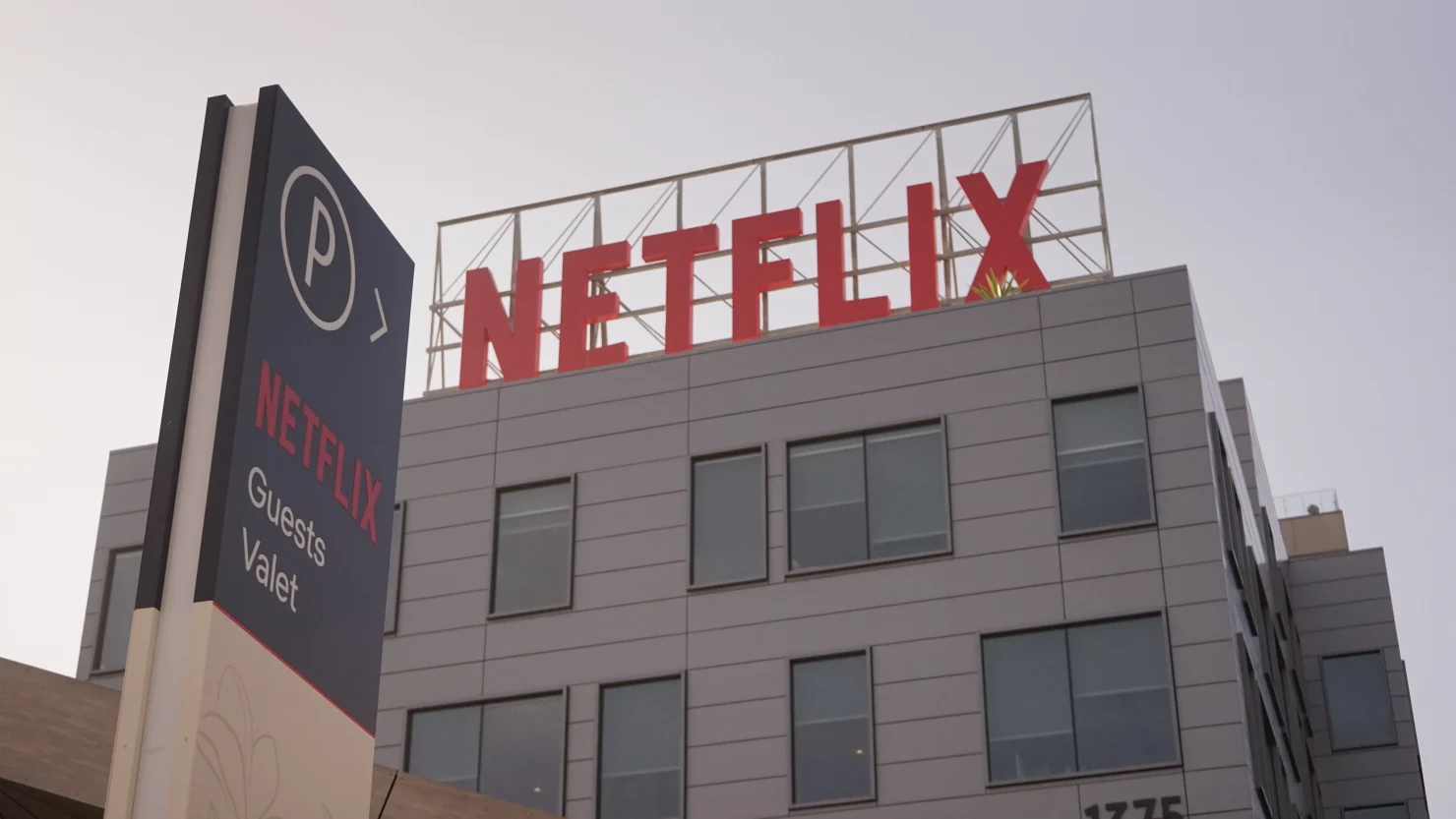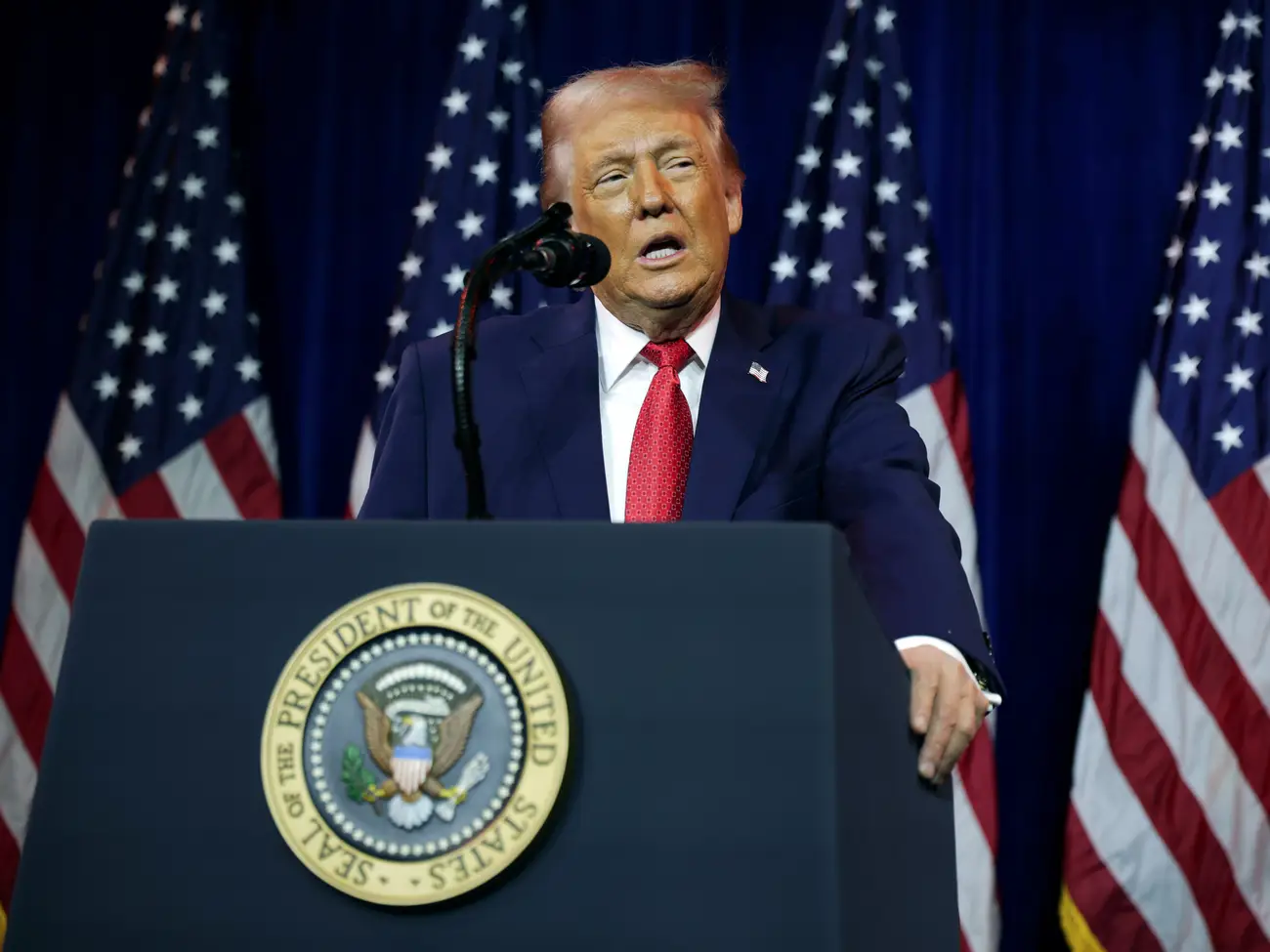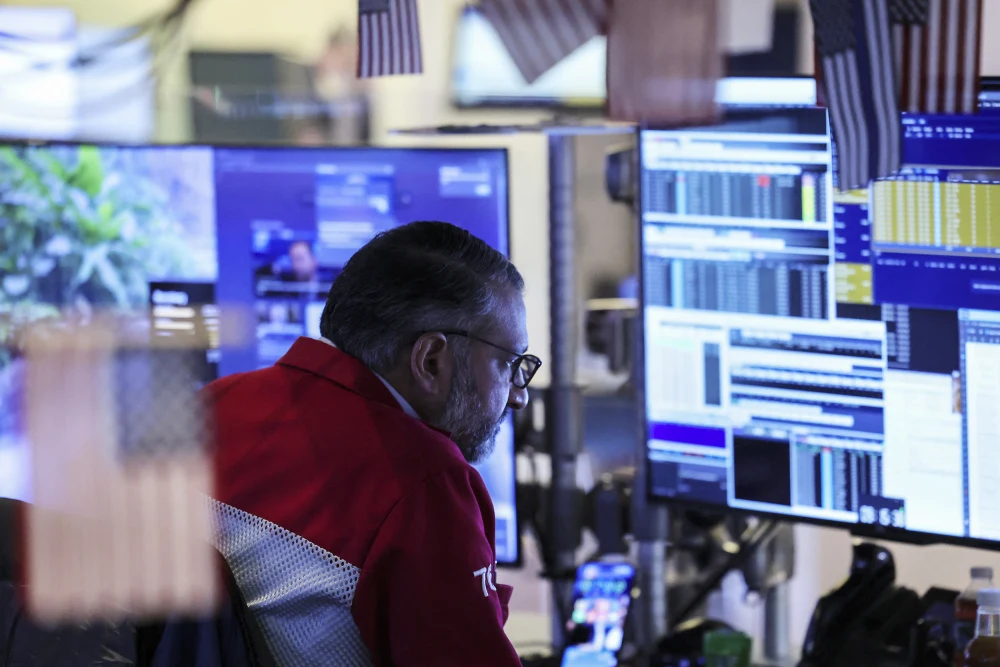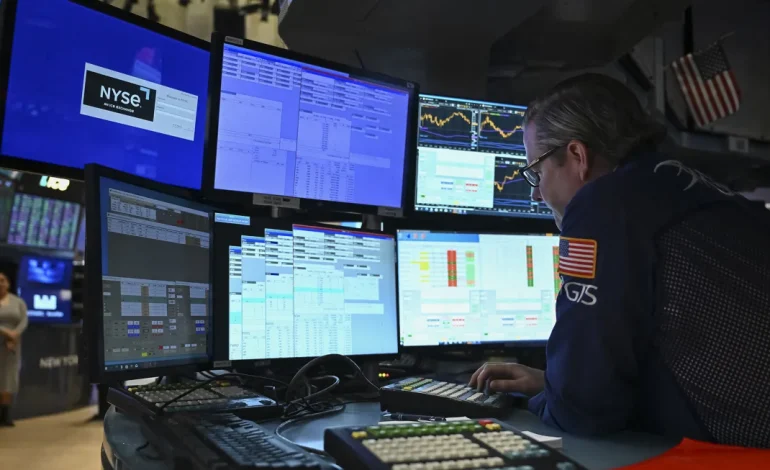President Donald Trump’s approach to tariffs continues to spark debate, but the reactions from Wall Street and Main Street couldn’t be more different.
While financial markets appear largely unfazed, American consumers are bracing for the potential economic impact of rising prices and inflation concerns.
Despite Trump’s announcement of a 25% tariff on steel and aluminum imports, global markets have shown little sign of panic. Investors seem to view these threats as part of the president’s bargaining strategy rather than immediate economic danger. Even China’s retaliatory tariffs were met with muted reactions, suggesting a belief that the situation may not escalate into a full-blown trade war.
Wall Street’s composure might be attributed to its ability to adapt quickly to shifting news cycles. Like a restless teenager, the stock market moves from one concern to another — from tariffs one day to Federal Reserve decisions the next. Currently, markets are buoyed by positive job reports and economic data, leading investors to maintain a “wait and see” attitude toward Trump’s latest moves.
However, American consumers aren’t as dismissive. Early indicators show rising concerns about the potential for higher inflation. A recent Federal Reserve Bank of New York survey revealed that inflation expectations for the next five years have reached 3%, the highest level in nearly a year. Consumer sentiment has also dipped, reflecting fears that higher tariffs will lead to increased prices for everyday goods.
As economist Claudia Sahm pointed out, even the threat of tariffs can have real economic consequences. When consumers anticipate higher prices, they tend to buy more in the short term, which drives up demand and, in turn, prices.
Trump’s unpredictable approach to trade policy may be strategic, designed to overwhelm and distract both political opponents and the media. Yet, as history has shown, even performative chaos can have tangible consequences. Business leaders have likened the current trade environment to being on a rollercoaster in the dark, unsure of what lies ahead but hoping for a smooth landing.
The president’s insistence on eliminating trade deficits and protecting American industries resonates with his base. But as markets adjust and companies recalibrate their strategies, the long-term impact on the economy remains uncertain.
While tariffs present challenges, there are potential silver linings for domestic-focused companies. Stocks that rely heavily on US revenues have outperformed those with international exposure, suggesting that investors are hedging their bets against further trade disruptions.
Additionally, the surge in gold prices to record highs indicates a growing concern among investors. Historically, gold has served as a safe haven during times of economic uncertainty. Silver, which has underperformed compared to gold, may also present a buying opportunity for those looking to capitalize on market jitters.










The latest news in your social feeds
Subscribe to our social media platforms to stay tuned